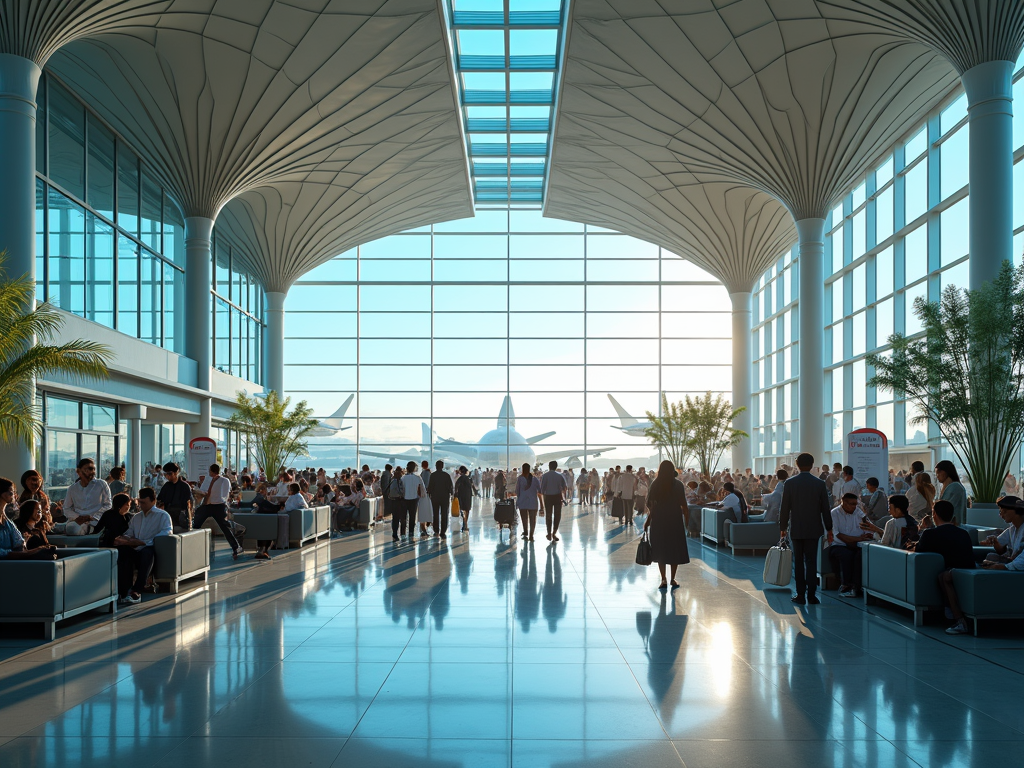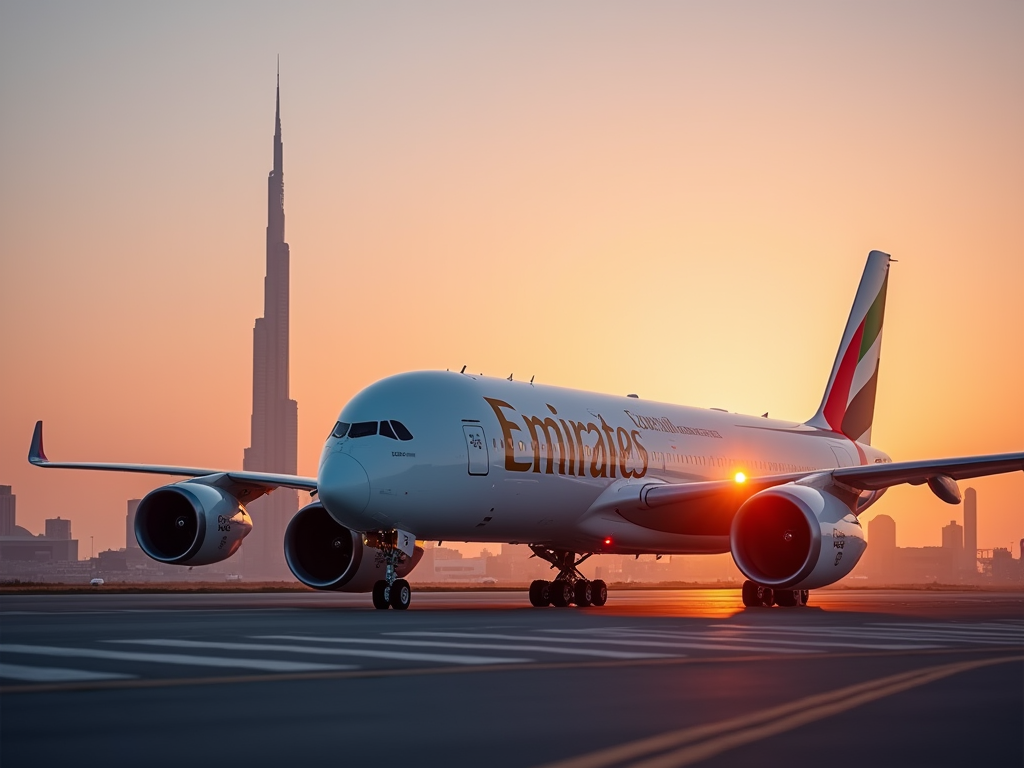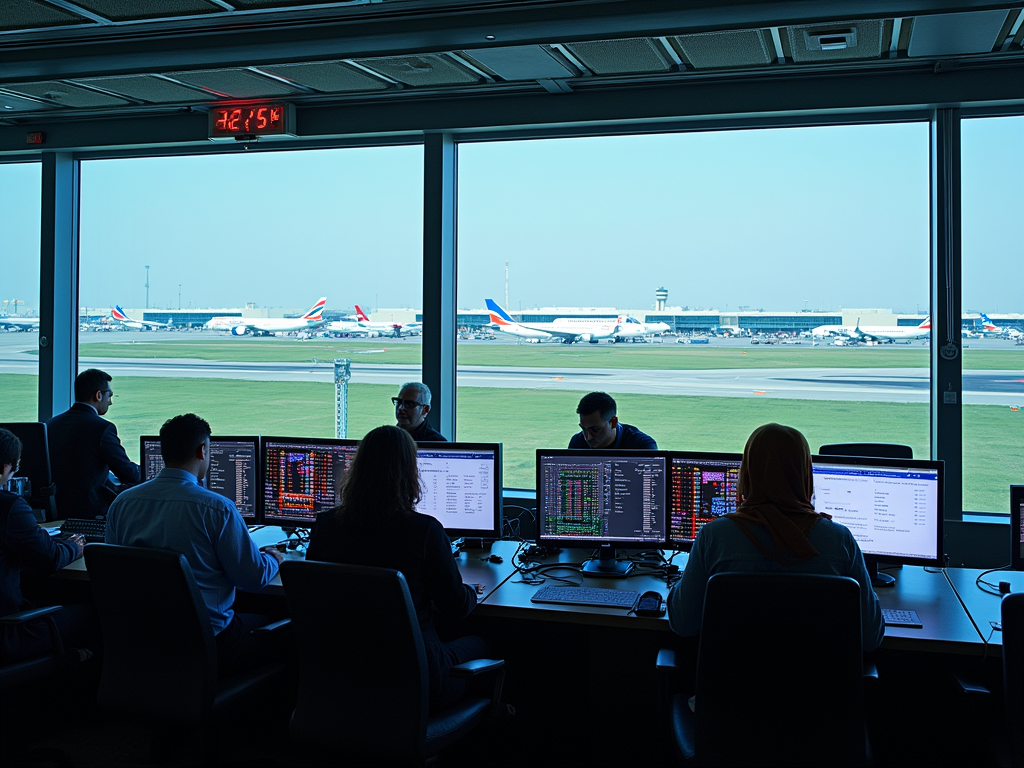
Why Dubai Is a Global Leader in Aviation and Air Travel Business
Dubai has established itself as a premier hub for aviation and air travel, earning global recognition for its exceptional infrastructure, strategic location, and innovative business practices. This city not only hosts one of the world’s busiest airports, Dubai International Airport (DXB), but also boasts a flourishing aviation sector that includes major airlines, cargo operations, and a variety of aviation-related services. In this article, we will explore the reasons that contribute to Dubai’s status as a leader in the aviation industry and air travel business.
Strategic Geographic Location

One of the key factors that propel Dubai into the limelight of global air travel is its strategic geographic location. Positioned at the crossroads of Europe, Asia, and Africa, Dubai serves as a vital connecting point for international flights. This advantage allows for:
- Efficient connectivity between the Eastern and Western hemispheres.
- Minimized travel time for passengers, making it a favorable stopover.
- Access to a growing number of emerging markets in Asia and Africa.
The location of Dubai consequently leads to increased passenger traffic and cargo operations, providing airlines and freight companies the opportunity to tap into lucrative markets. This strategic advantage plays a fundamental role in shaping the aviation business landscape in the region.
World-Class Infrastructure

Dubai stands out for its state-of-the-art aviation infrastructure that consistently outperforms international standards. The crown jewel is the Dubai International Airport (DXB), which is equipped with advanced facilities that ensure a smooth travel experience. Key infrastructure features include:
- Multiple runways and terminals designed to accommodate millions of passengers annually.
- Innovative baggage handling systems that streamline operations.
- Luxury lounges and amenities that personalize air travel.
- Non-stop connections to over 240 destinations globally.
This robust infrastructure not only enhances passenger experiences but also supports cargo operations, making Dubai one of the busiest airports in terms of international passenger traffic and cargo movement.
Investment in Technology and Innovation
Another significant facet of Dubai’s leadership in the aviation sector is its commitment to technology and innovation. The city has incorporated cutting-edge technology into every segment of its aviation operations, driving efficiency and improving the overall travel experience. Notable investments include:
- Smart airport initiatives that integrate biometrics and automation.
- State-of-the-art air traffic control systems for optimal safety and reliability.
- Enhanced mobile applications for real-time flight and service updates.
Through these innovations, Dubai remains at the forefront of aviation technology, providing travelers with seamless experiences and setting new benchmarks within the industry.
Dubai is home to several prestigious airlines, with Emirates Airlines being the most notable. This airline has earned international acclaim for its luxurious services and extensive flight network, further promoting Dubai as a key player in global air travel. Additionally, the expansion of other airlines and cargo services, such as:
- Flydubai, offering economical travel options.
- Dedicated cargo carriers for robust freight capabilities.
- Chartered flights servicing a diverse clientele.
This diversification allows Dubai to cater to a wide range of passenger needs, attracting both leisure and business travelers to its airports, thereby reinforcing its position as a significant hub in the aviation industry.
Government Support and Regulations
The government of Dubai has been instrumental in the development of the aviation sector through its strategic policies and support. Recognizing aviation as a cornerstone of economic growth, government initiatives focus on transforming Dubai into a leading global travel destination. These initiatives include:
- Investment in airport expansion projects to increase capacity.
- Regulatory frameworks that encourage competition and innovation among airlines.
- Partnerships with international aviation organizations to ensure compliance with global standards.
Such proactive government support not only bolsters the aviation infrastructure but also attracts international players to establish operations in Dubai, contributing to its burgeoning air travel business.
Conclusion
Dubai’s position as a global leader in the aviation and air travel business is the result of a confluence of factors: its strategic geographic location, world-class infrastructure, commitment to technology and innovation, a diverse range of airlines, and strong government support. Each of these elements contributes to a dynamic air travel ecosystem that continues to evolve and thrive. As the aviation landscape changes globally, Dubai remains well-prepared to adapt and maintain its status as a premier hub for air travel.
Frequently Asked Questions
- What is the primary airport in Dubai? The primary airport in Dubai is Dubai International Airport (DXB), which serves as a major hub for international travel.
- How does Dubai International Airport rank globally? Dubai International Airport often ranks among the world’s busiest airports in terms of international passenger traffic.
- What role does Emirates Airlines play in Dubai’s aviation sector? Emirates Airlines is the flagship carrier of Dubai, renowned for its premium services and extensive route network, significantly contributing to the city’s aviation reputation.
- How does the government support the aviation industry in Dubai? The Dubai government supports the aviation industry through strategic investments, regulatory frameworks, and partnerships with international aviation bodies.
- What technological advancements have been implemented at Dubai airports? Advancements include smart airport initiatives, advanced air traffic control systems, and mobile applications for enhanced traveler convenience and operational efficiency.
